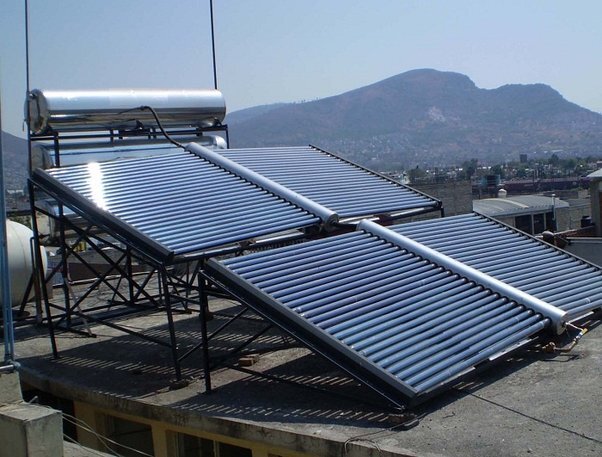The Environmental Benefits of Using Solar Water Heaters
As the world grapples with the challenges of climate change and environmental degradation, the need for sustainable energy solutions has never been more urgent. Solar water heaters have emerged as a key player in the transition to green energy, offering significant environmental benefits. In this blog, we’ll explore how solar water heaters contribute to a cleaner, more sustainable planet.
Reducing Greenhouse Gas Emissions
Traditional water heaters, which rely on electricity or natural gas, are major contributors to greenhouse gas emissions. By contrast, solar water heaters harness the sun’s energy, a clean and renewable resource, to heat water. This significantly reduces the carbon footprint of households, as they no longer depend on fossil fuels for water heating.
According to studies, a single solar water heater can prevent the release of up to 2 tons of carbon dioxide annually. Over its lifetime, this reduction can be equivalent to planting hundreds of trees.

Conserving Non-Renewable Resources
Fossil fuels like coal, oil, and natural gas are finite resources. Their extraction and consumption have long-term environmental impacts, including habitat destruction, air and water pollution, and global warming. Solar water heaters help conserve these precious resources by relying on the sun, an inexhaustible energy source.
The adoption of solar water heaters reduces the demand for fossil fuels, helping to preserve natural ecosystems and reduce the environmental damage associated with energy extraction and production.
Minimizing Air and Water Pollution
The combustion of fossil fuels for energy releases harmful pollutants into the air, including sulfur dioxide, nitrogen oxides, and particulate matter. These pollutants contribute to smog, acid rain, and respiratory problems in humans. Additionally, the extraction and transportation of fossil fuels often result in water pollution, harming aquatic ecosystems.
Solar water heaters generate clean energy without emitting pollutants. By using solar energy, we can reduce air and water pollution, leading to cleaner environments and healthier communities.
Supporting Renewable Energy Development
The widespread adoption of solar water heaters contributes to the growth of the renewable energy sector. As demand for solar technology increases, so does investment in research and development, leading to more efficient and cost-effective solutions. This, in turn, accelerates the transition to a renewable energy future.
By choosing solar water heaters, consumers are not only reducing their own environmental impact but also supporting the broader movement towards sustainable energy.
Reducing the Energy Demand on Grids
Solar water heaters reduce the demand for electricity from the grid, particularly during peak hours. This helps to alleviate pressure on power plants, many of which rely on non-renewable energy sources. Reducing peak demand can also decrease the need for additional power generation infrastructure, which often has significant environmental and economic costs.
By integrating solar water heaters into our energy systems, we can create more resilient and sustainable energy grids, reducing our reliance on harmful energy sources.